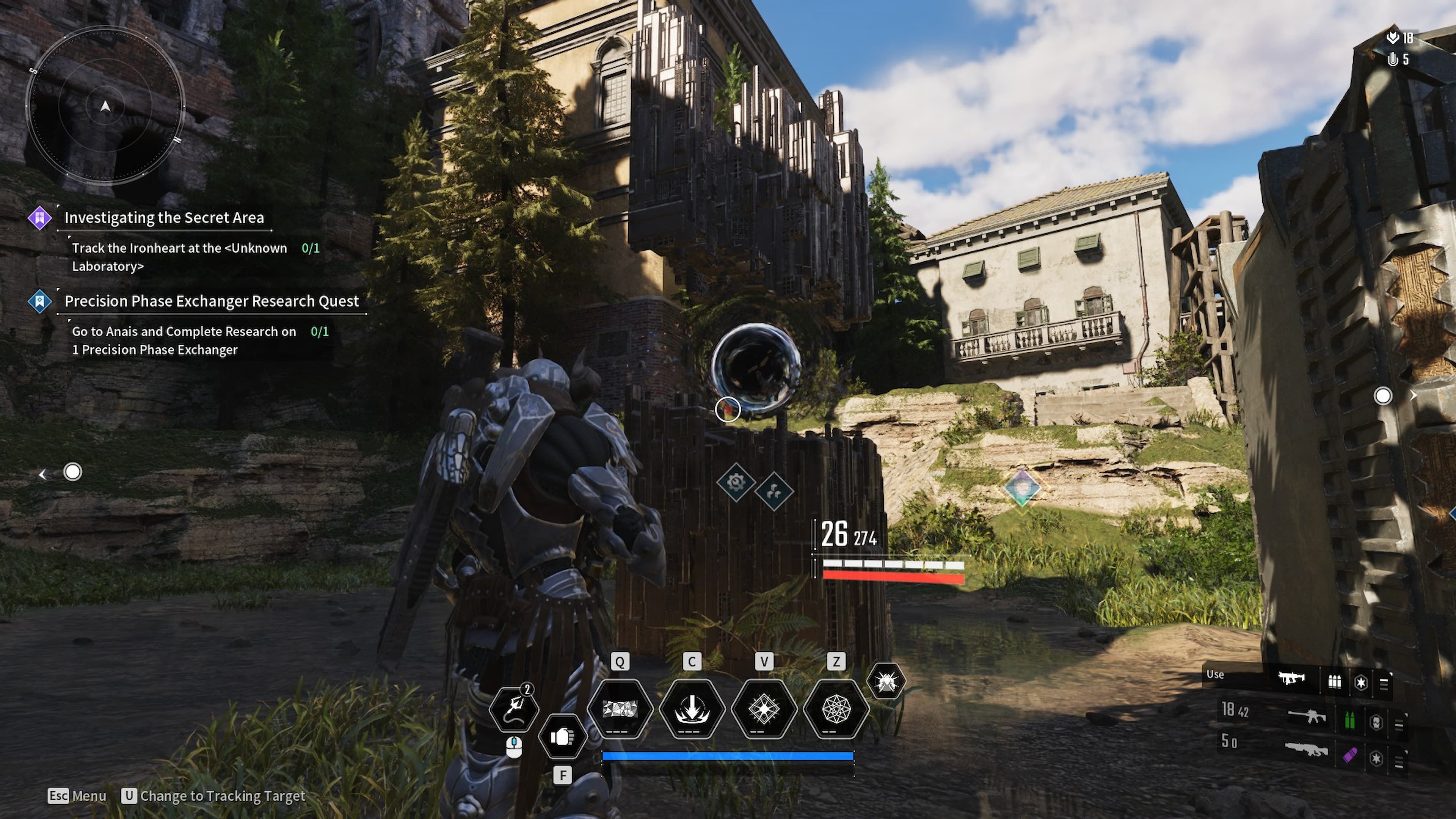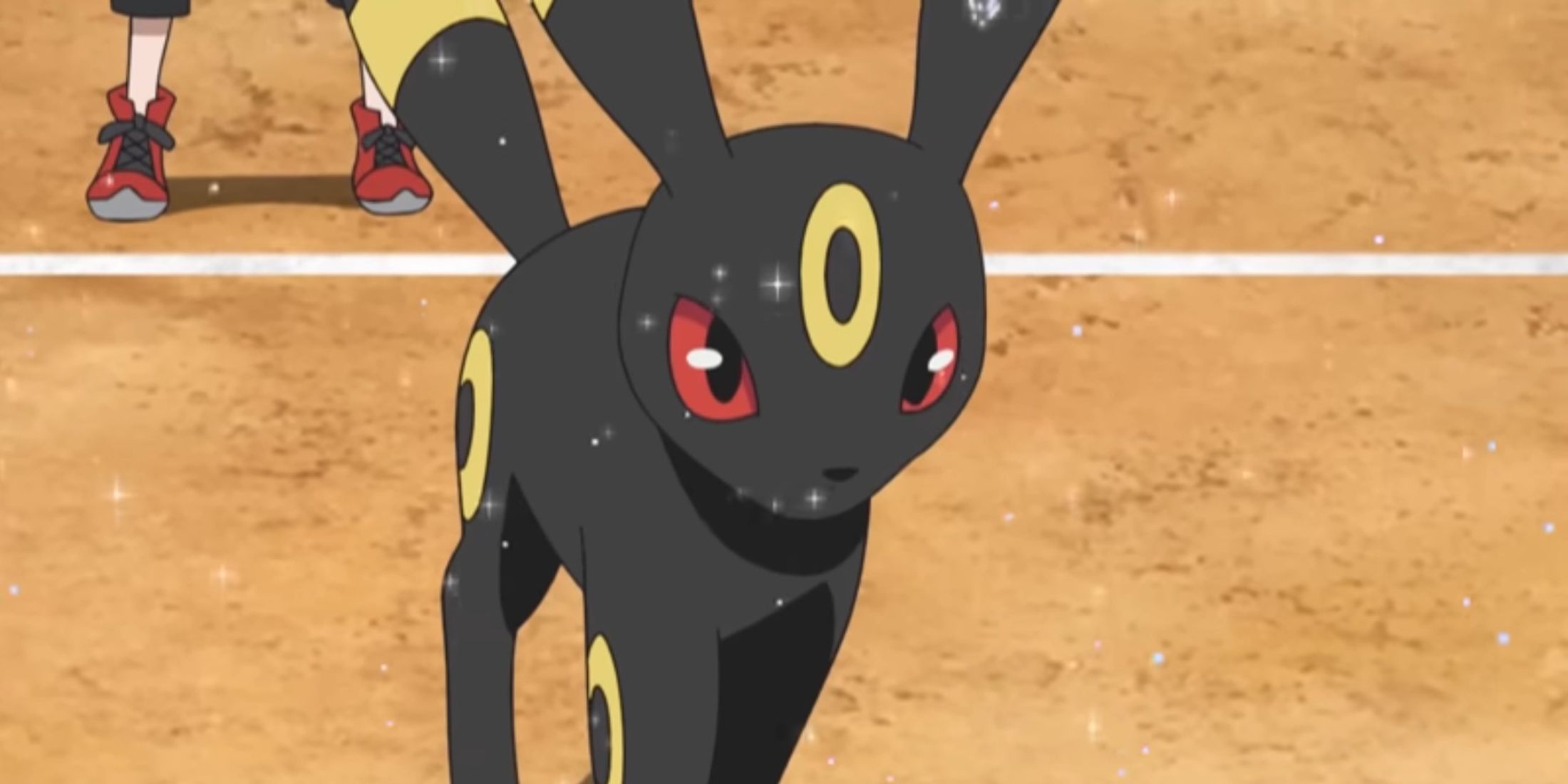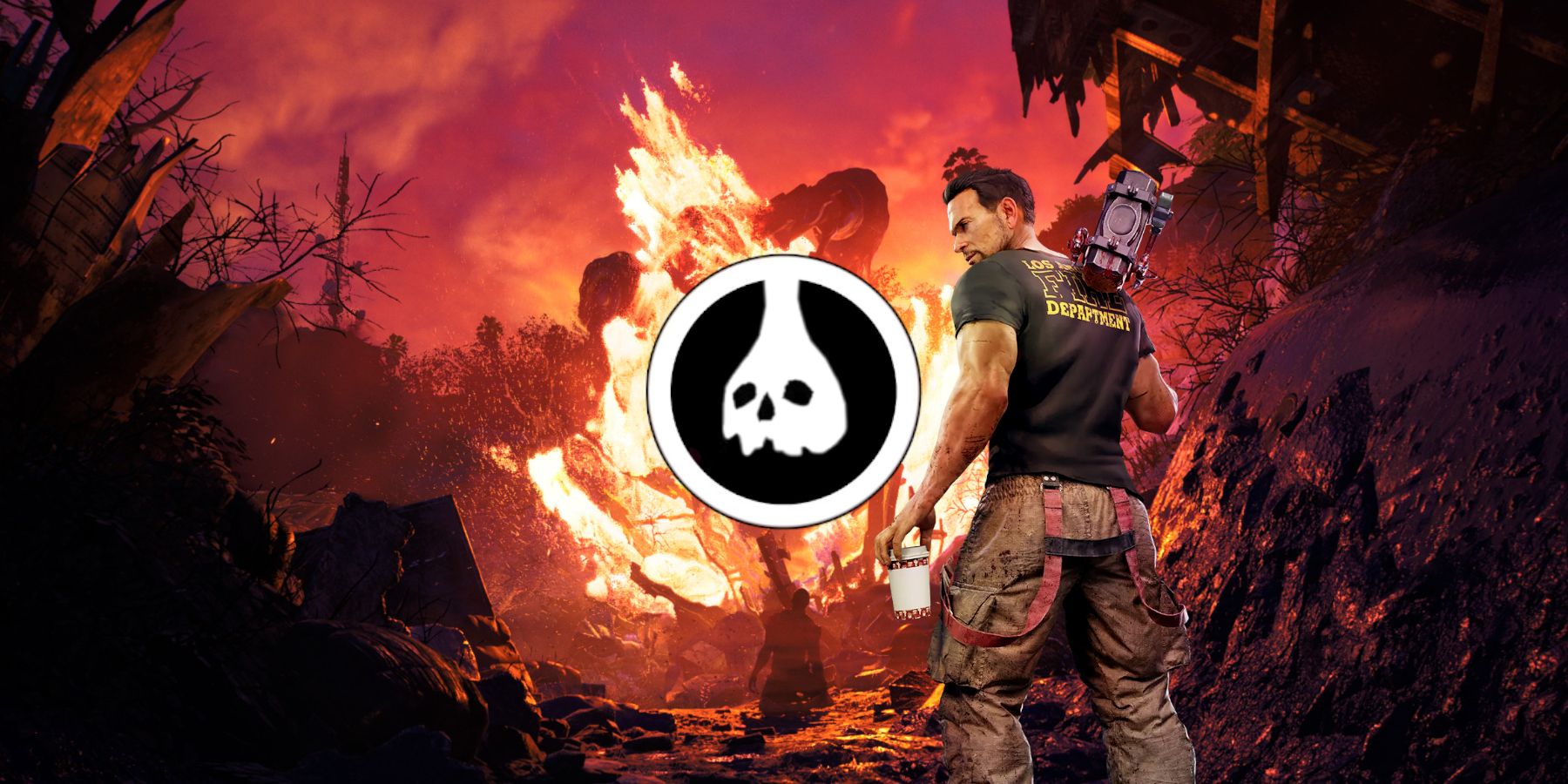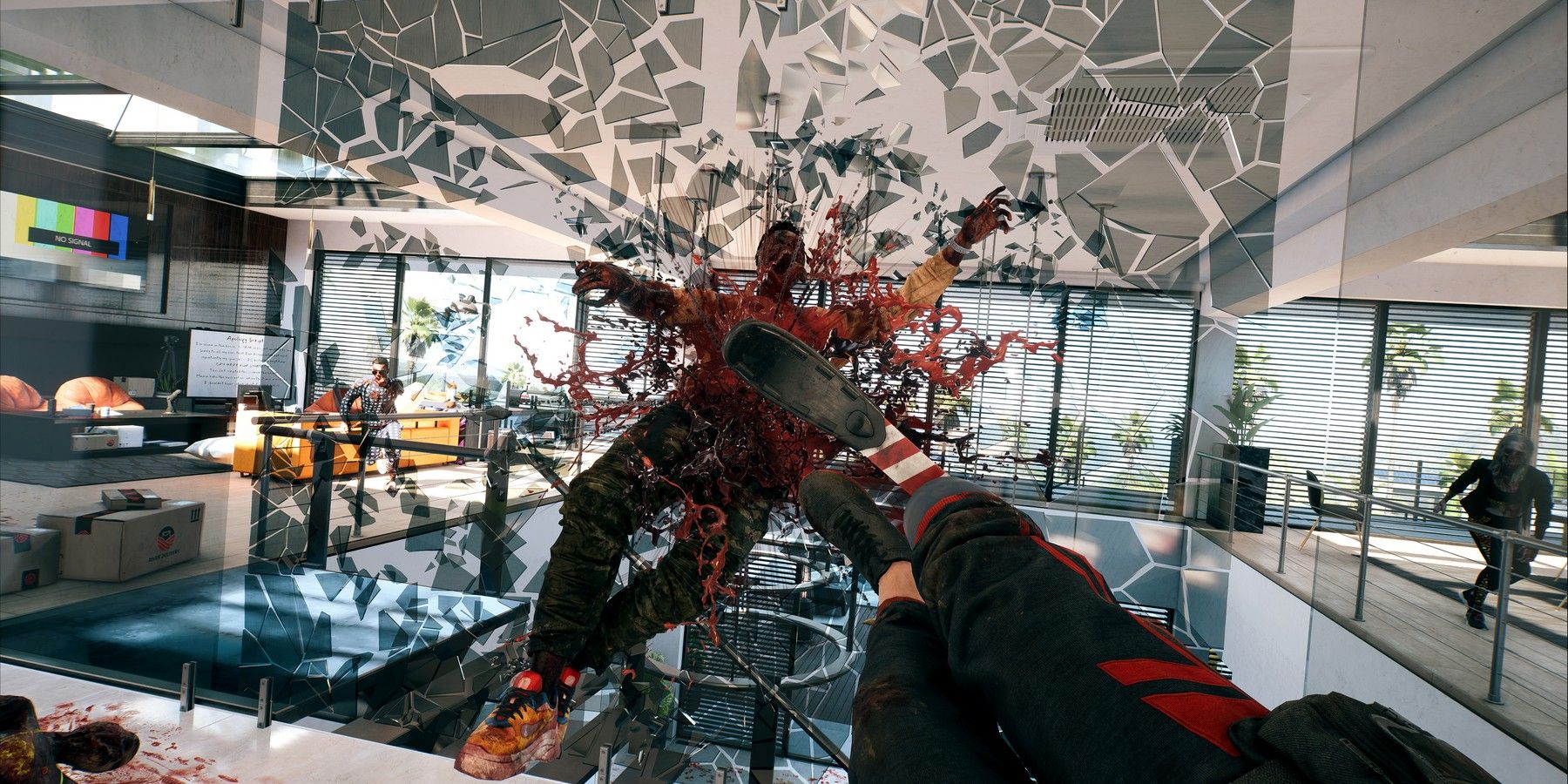Gamers wanting a brutal mix of first-person melee combat and bloody zombie hordes will probably have a good time heading into Dead Island 2. Across the board, Dambuster Studios has managed to live up to most fans' expectations based on prior titles in the series, delivering an action-adventure game that draws from B-movie horror themes in several impressive ways. Unlike the acrobatic parkour tricks made prominent in Techland's recent Dying Light games, Dead Island 2 is a sequel that instead takes the zombie ARPG formula back to basics - the Autophage system being key to how players manage their combat capabilities over the course of the game.
Much of the player experience in Dead Island 2 is combat-focused, and the player characters' unique immunity to the zombie contagion grants a few strange boons as well. The title's Autophage concept is not necessarily unique in the genre, but it is one which seamlessly flows between the sequel's dark humor in addition to its visceral, skill-based gameplay. Throughout Dead Island 2, players can unlock Autophage perks and abilities that all offer alternative bonuses to regular skill cards. However, there's a twist in that the Autophage is also the same infection carried by the undead, so there are quite a few risks involved too.
Dead Island 2's Autophage System Brings Zombie-Based Tradeoffs
Gamers entering Hell-A for the first time will be met with an outbreak that is almost inescapable, consuming not only the city but also the player characters themselves. Eventually, their immunity to the plague has important implications for the world at large, and this culminates with the Numen in Dead Island 2's story. The Numen are probably best described as mutant-like survivors that retain their sanity at the cost of their humanity, earning superhuman senses and abilities due to the Autophage. Some may prefer retaining their in-game humanity to fight back through conventional means, while others have the option to fully embrace the power of the infected.
The effects of the Autophage are complicated, and there are a few tradeoffs to consider from both gameplay and story standpoints. Tradeoffs are represented by risk-reward mechanics in the title's Skill Deck system, as holding too many Autophage skills can cause Dead Island 2's playable characters to slip deeper into higher Autophage tiers. With these tiers, players gain offensive capabilities upon slaying zombies in succession, including bonuses to strength and health. Inversely, base stamina and health suffer as a result, which makes survival a bit more risky.
At Autophage Tier 1, slayers trade lower maximum health for faster attack speed upon killing zombies as well as a couple of enhancements to the berserker-like Fury Mode. The zombie-killing buffs only become stronger at higher tiers, but over time, players will no longer have the ability to regenerate health and gain less health from healing items. For many fans, it might be refreshing to see such an action-oriented game going to these lengths in showing the adverse effects of superhuman abilities, while also keeping the experience relatively balanced.
If nothing else, Dead Island 2 is a step forward in giving the series a more in-depth look at its zombie outbreak premise. The Autophage plays a big part in that, with Dambuster taking a chance on a system that ties directly into a story that players uncover through its many quests. Like Fury Mode, the Autophage reflects a key aspect of the main character's protection against the undead side effects which cause other organics to decay. At the same time, its Autophage game mechanics lend themselves to an exciting playstyle that boosts damage for even greater critical hits during Dead Island 2's combat sequences.
Dead Island 2 is now available for PC, PS4, PS5, Xbox One, and Xbox Series X/S.





